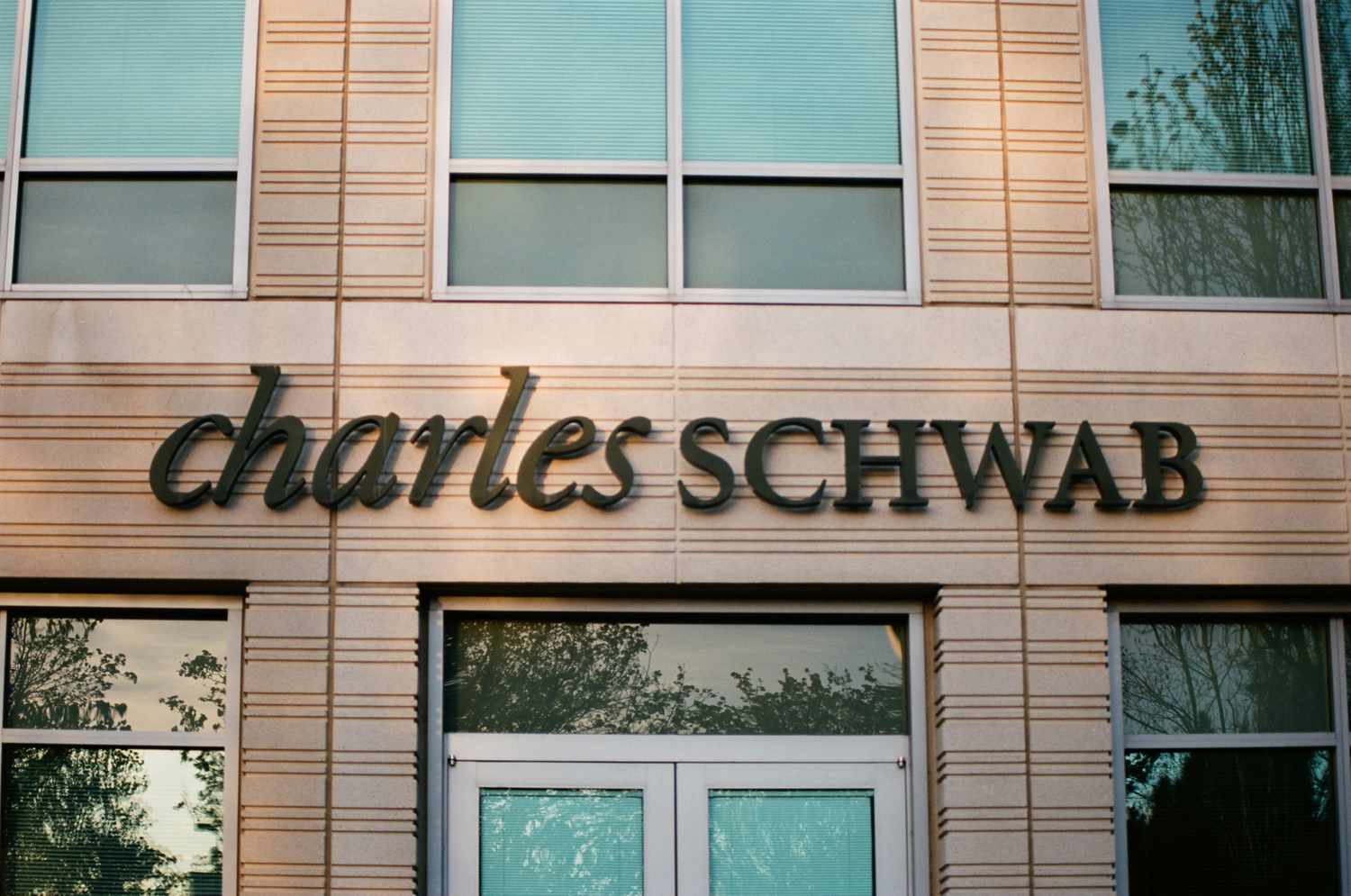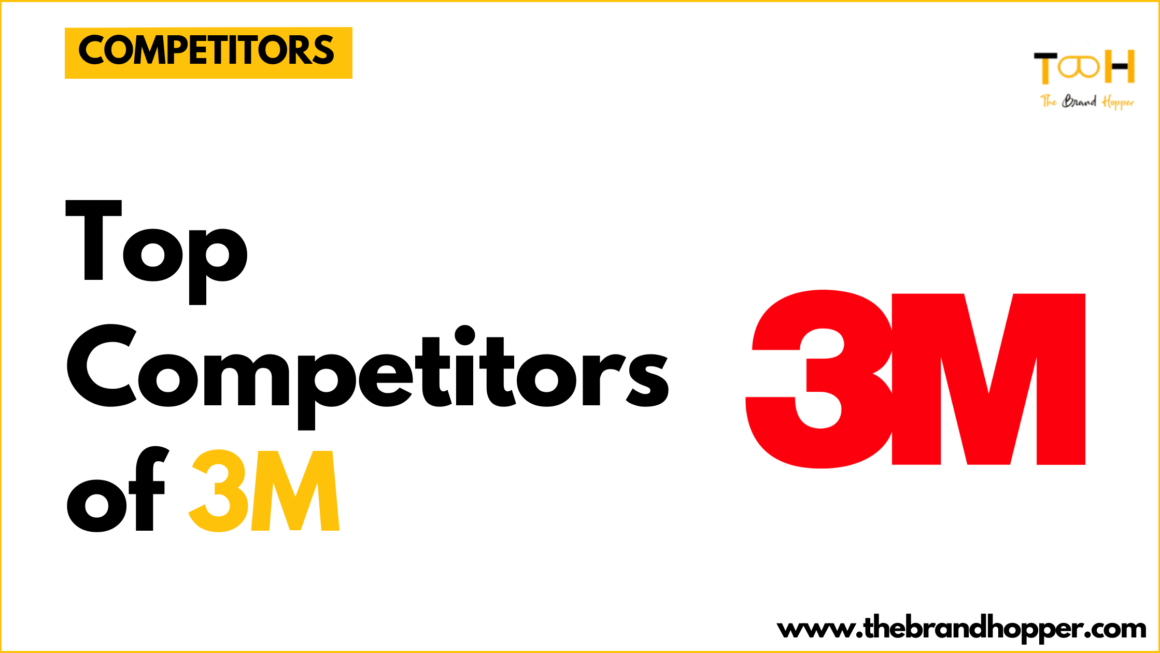Charles Schwab, a household name in the world of finance, embodies the spirit of investor empowerment and accessibility. From his humble beginnings as a stockbroker to his role as the founder and chairman of the Charles Schwab Corporation, the second-largest discount brokerage in the United States, Charles Schwab has revolutionized the way individuals invest their money.

His pioneering vision challenged the traditional, often high-cost brokerage model, which dominated the financial landscape in the mid-20th century. These traditional brokerages charged hefty commissions and often catered only to wealthy individuals, creating a significant barrier to entry for average investors.
Schwab’s revolutionary approach was to democratize the investment world, making it accessible and affordable for everyone. In 1971, he founded the first discount brokerage firm, offering clients significantly lower commission rates compared to traditional brokers. This groundbreaking move disrupted the industry and paved the way for a new model – discount brokerage, which charges lower fees and allows individuals to manage their investments more independently.
Beyond mere cost-cutting, Charles Schwab emphasized investor education and empowerment. He firmly believed that informed individuals make better investment decisions, and he actively championed financial literacy initiatives. Schwab’s company offered educational seminars, online resources, and investment tools to help individuals understand the financial markets and make sound investment choices. This emphasis on education remains core to Schwab’s philosophy and contributes to the company’s enduring success.
Charles Schwab’s impact extends far beyond his own company. His trailblazing leadership and vision inspired numerous competitors to enter the discount brokerage space, creating a more competitive and affordable landscape for investors. This ultimately led to a significant shift in the financial industry, making investing more accessible and empowering millions of individuals to actively manage their financial futures.
Today, the Charles Schwab Corporation boasts over 34 million client accounts and manages trillions of dollars in assets. While Charles R. Schwab stepped down as CEO in 2008, he remains the chairman and embodies the company’s core values of client-centricity, innovation, and empowerment.
Charles Schwab’s legacy is etched deeply in the financial landscape. His vision and unwavering commitment to investor empowerment have not only transformed the industry but have also empowered individuals of all backgrounds and financial means to take control of their financial destinies. His story serves as an inspiration to entrepreneurs and investors alike, demonstrating the power of innovation, disruption, and a genuine desire to democratize access to financial opportunities.
Top Charles Schwab Competitors and Alternatives
In the bustling world of finance, navigating the investment landscape can be a daunting task. Choosing the right brokerage firm is crucial, and understanding the competitive landscape is essential for making informed decisions. Charles Schwab, a titan in the discount brokerage industry, faces a dynamic field of competitors, each vying for investor confidence. This article delves into the key players vying for market share with Charles Schwab, exploring their strengths, weaknesses, and unique offerings. By understanding this competitive landscape, investors can gain valuable insights as they embark on their financial journeys –
1. Fidelity Investments
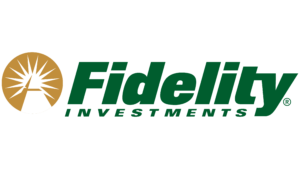
Fidelity Investments and Charles Schwab are two of the largest financial services firms in the United States. Both companies offer a wide array of investment products and services, including brokerage accounts, retirement accounts, mutual funds, and ETFs. This direct overlap in offerings is the crux of their competitive relationship. Customers seeking these types of financial solutions often compare Fidelity and Schwab against each other before deciding where to put their money.
Additionally, both Fidelity and Schwab have adopted strategies to attract a broad base of customers. They cater to both beginner investors and seasoned traders, offering features like easy-to-use platforms, educational resources, in-depth research tools, and advanced trading options. This battle to attract diverse clientele further fuels their competition for market share.
Here’s a tabular comparison highlighting some key areas of competition:
| Feature | Fidelity Investments | Charles Schwab |
|---|---|---|
| Tradable Securities | Stocks, ETFs, mutual funds, bonds, options, some cryptocurrencies | Stocks, ETFs, mutual funds, bonds, options, futures |
| Fractional Shares | Wider selection of stocks and ETFs | Limited to S&P 500 companies |
| Account Minimums | $0 for most accounts | $0 for most accounts |
| Research & Resources | Extensive research tools and educational content | Large selection of in-house and third-party reports |
2. E*TRADE (now part of Morgan Stanley)
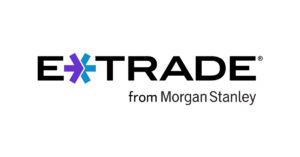
E*TRADE and Charles Schwab remain significant competitors in the financial services industry. Both firms offer a comprehensive suite of investment products and services, including online brokerage accounts, retirement planning, banking features, and a vast selection of mutual funds and ETFs. This direct overlap means customers often cross-shop between these platforms when making their investment decisions.
Furthermore, both companies actively court different investor profiles. E*TRADE is known for its powerful trading platforms and tools catering to active traders, while Schwab offers a more balanced mix of features appealing to both beginners and experienced investors. This competitive dynamic forces both firms to continuously improve their offerings to attract and retain customers.
Here’s a quick comparison of some of their key areas of competition:
| Feature | E*TRADE | Charles Schwab |
|---|---|---|
| Trading Platforms | Power ETRADE, ETRADE Pro | StreetSmart Platforms, web |
| Investment Research | Extensive research and tools | Wide range of research |
| Fractional Shares | Available on more assets | Limited to S&P 500 stocks |
| Commissions | $0 for stocks and ETFs | $0 for stocks and ETFs |
3. Vanguard
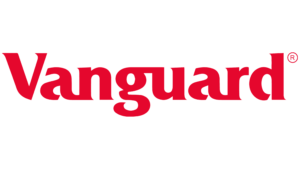
Vanguard and Charles Schwab are major players in the financial services industry, and while their core strengths differ, they do compete in several areas. Vanguard is primarily known for its low-cost index funds and ETFs, attracting investors seeking a passive investment approach. Their focus on keeping expenses low aligns well with long-term, buy-and-hold investors.
In contrast, Charles Schwab offers a wider variety of investment options, including active trading platforms, a broader selection of mutual funds, and access to features like futures trading. This diversity appeals to investors wanting more hands-on control over their portfolios. Their competition exists because both firms offer retirement accounts, basic brokerage services, and a certain degree of financial advice, leading customers to choose between the two.
Here’s a tabular comparison of key competitive areas:
| Feature | Vanguard | Charles Schwab |
|---|---|---|
| Target Audience | Buy-and-hold, passive investors | Beginner and active investors, wider range of needs |
| Investment Focus | Low-cost index funds and ETFs | Diverse range of stocks, ETFs, mutual funds, options, futures |
| Fees | Lower fees on Vanguard funds, higher elsewhere | Generally competitive fees, wider ‘no transaction fee’ list for mutual funds |
| Research & Resources | Market insights, educational resources | In-house and third-party research, advanced tools |
4. Robinhood

Robinhood and Charles Schwab compete for investors despite having somewhat different target audiences. Robinhood revolutionized the market with its commission-free trading and user-friendly mobile app, primarily attracting younger, tech-savvy investors and those interested in options and cryptocurrency trading. This disruptive model forced other brokerages, including Schwab, to lower or eliminate their own trading commissions.
Charles Schwab, on the other hand, offers a broader suite of investment options, in-depth research, educational resources, and retirement planning tools, appealing to a wider investor base. Despite catering to different niches, Robinhood’s influence on the industry pushed Schwab to enhance its own platforms and continue innovating, ultimately benefiting investors with more choices.
Here’s a tabular comparison of their key areas of competition:
| Feature | Robinhood | Charles Schwab |
|---|---|---|
| Target Audience | Younger, tech-savvy, active traders | Diverse investor base, from beginners to seasoned investors |
| Tradable Assets | Stocks, ETFs, options, cryptocurrency | Stocks, ETFs, mutual funds, bonds, options, futures |
| Fees | Commission-free trades | Mostly commission-free, some fees for advanced options trading and assisted services |
| User Experience | Mobile-first, streamlined design | Web & desktop platforms, with mobile options |
| Research & Resources | Limited research | Extensive in-house and third-party research, educational resources, and planning tools |
5. Merrill Edge (Bank of America)
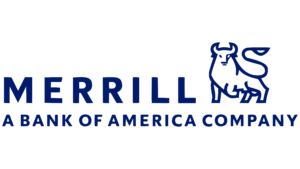
Merrill Edge, backed by Bank of America, is a direct competitor to Charles Schwab. Both firms offer online brokerage services, retirement accounts, a wide range of investment products, and banking capabilities. This makes them natural alternatives for investors who want the convenience of managing their investments and banking needs within the same ecosystem.
Merrill Edge holds a distinct advantage for existing Bank of America customers, as linking accounts can lead to benefits and rewards through the Preferred Rewards program. On the other hand, Charles Schwab often boasts a wider selection of commission-free ETFs and mutual funds. This competition drives both companies to improve their offerings, ultimately leading to better perks and choices for investors.
Here’s a quick comparison table:
| Feature | Merrill Edge | Charles Schwab |
|---|---|---|
| Target Audience | Bank of America customers, investors seeking convenience | Wider investor base, focus on self-directed investors |
| Investment Options | Stocks, ETFs, mutual funds, bonds, options | Stocks, ETFs, mutual funds, bonds, options, futures |
| Rewards | Potential rewards through Bank of America Preferred Rewards | Limited rewards program |
| Research & Tools | BofA research, MarketPro platform | Extensive in-house & third-party research, StreetSmart |
6. Ally Invest
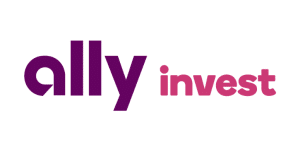
Ally Invest and Charles Schwab compete in the discount brokerage space. Both platforms offer commission-free trades on stocks and ETFs, low-cost options contracts, and a range of mutual funds, vying for the attention of cost-conscious investors. Additionally, they provide retirement planning tools, cash management features, and educational resources to attract a broader investor base.
Where they differ is in their niche appeal. Ally Invest is known for its streamlined interface and focus on self-directed investors, while Charles Schwab offers a wider selection of research, trading platforms, and in-person support, appealing to a broader range of investors seeking more guidance. This competition drives innovation and improvement in the offerings of both platforms.
Here’s a tabular format comparison:
| Feature | Ally Invest | Charles Schwab |
|---|---|---|
| Target Audience | Self-directed investors seeking simplicity | Wider range of investors, including those seeking guidance |
| Trading Fees | Commission-free stock & ETF trades, low options fees | Commission-free stock & ETF trades, low options fees |
| User Interface | Streamlined, intuitive design | More comprehensive platforms |
| Research & Resources | Market news, basic analysis tools | Extensive research, advanced charting tools |
| Banking Features | Integrated with Ally Bank | Checking, savings, debit cards |
7. Interactive Brokers
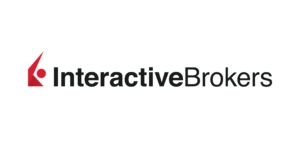
Interactive Brokers and Charles Schwab compete for investors, but primarily serve different clientele. Interactive Brokers stands out for its advanced trading platforms, low margin rates, and access to a vast array of global markets, making it immensely popular among active traders and institutional investors. This focus on experienced traders needing sophisticated tools and international access sets Interactive Brokers apart.
Charles Schwab, on the other hand, targets a broader audience with a balance of user-friendly platforms, educational resources, and robust customer support. While they offer some advanced features, their appeal lies in their accessibility for both novice and experienced investors within the US market.
Here’s a tabular comparison highlighting their competitive landscape:
| Feature | Interactive Brokers | Charles Schwab |
|---|---|---|
| Target Audience | Active traders, institutional investors, international focus | Wider range of investors, strong focus on US markets |
| Trading Platforms | Advanced, customizable (TWS, IBKR Mobile, etc.) | StreetSmart Edge, web platform, mobile |
| Margin Rates | Among the lowest in the industry | Competitive, but generally higher than IBKR |
| Global Reach | Access to numerous international markets | Primarily US-focused |
| Customer Support | Limited, geared towards experienced traders | Extensive support, multiple channels |
The financial services landscape is diverse, offering investors a variety of options to suit their needs and preferences. While Charles Schwab remains a dominant player, the competition it faces from established firms and innovative newcomers keeps the industry dynamic and pushes all players to continuously improve their offerings. Ultimately, this competitive landscape benefits investors by driving innovation, fostering lower fees, and providing a wider range of choices for managing their financial future.
Also Read: Top JPMorgan Chase Competitors and Alternatives in 2024
To read more content like this, subscribe to our newsletter

